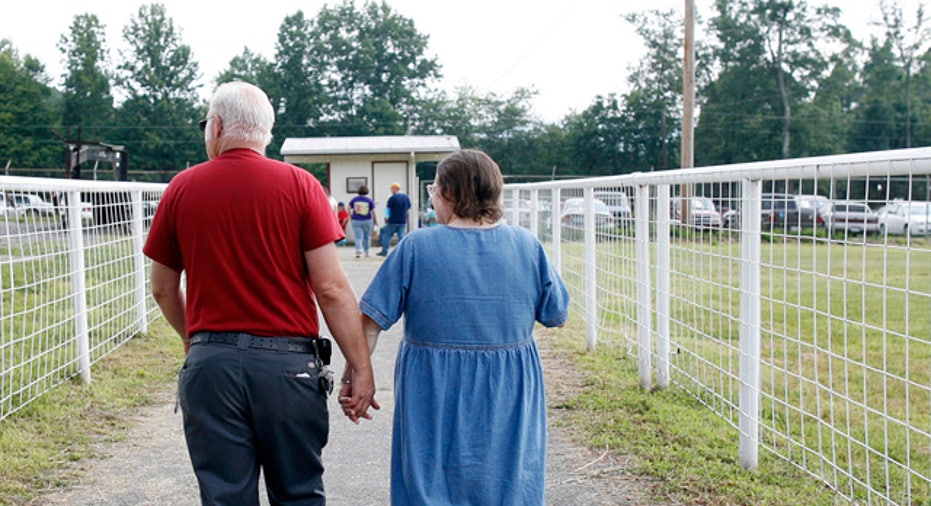Stern Advice: Singles, Couples Face Own Retirement Issues

Two can live almost as cheaply as one, but it takes a lot more paperwork.
So say retirement advisers who are starting to take note of the differences between planning for a single person and planning for a couple.
Of course, couples must plan for the eventuality that one spouse will be left alone, but that doesn't mean they should approach retirement in the same way as a single person would. They can take advantage of some economies of scale and tag-team strategies.
Single people have different challenges and higher costs. And now, with divorce rates higher than in previous generations, many baby boomers are likely to retire as singles. Census figures show that more than a third of all Americans over the age of 45 are single -- that's roughly 39.5 million people.
Retirement life costs a single person about 75% of what a couple would pay for the same lifestyle, the American Academy of Actuaries recently reported. On a per-person basis, that means singles need 40% more than spouses do.
Here are some other retirement considerations for singles and for couples.
-- The longevity math is complex, but can really help couples. A 65-year-old man has a 10% chance of living to 95, and a 65-year-old woman has a 15% chance of making it to that age, according to figures provided by Lane West, an actuary with BB&T Retirement and Institutional Services. But the chance that one of them will last 30 more years is better than 1 in 5, or 22.7%. On the other hand, the chances that both will live that long are only 1.4%, reports West. That means they can pool risks within their own family and use the savings of two to support whomever is left.
Here's an illustration. If those 65-year-olds wanted to buy a longevity annuity -- one that would start paying out $3,000 a month when they turned 85 -- this is how much it would cost them at age 65: $61,000 for a single man, $88,000 for a single woman, or $124,000 for both of them together. That policy would start paying out at 85 and pay until the second spouse died. That's a savings of $25,000 for the couple over the cost of two single people buying comparable coverage.
-- Those same longevity figures complicate long-term planning. There's a greater chance that a couple will be able to get by longer without institutional care, because one spouse could, and often does, take care of the other. A single person has to make a more definitive plan for who will take care of her should she need care, and that often means buying a long-term care policy.But a single person could sell her home or devote more of her savings to her own care, without having to worry about holding on to the house or the nest egg for her spouse.
-- Single retirees have fewer Social Security options. Couples can strategize their Social Security benefits in tandem. The lower-earning spouse can start her benefits early, while the higher earner can defer benefits as long as possible to make the payout as large as possible. When one member of a couple dies, the surviving member can shift to the higher benefit. A single retiree may have to defer his or her benefit as long as possible, to build it for a longer retirement.
-- Couples can tag-team their investments. Each member of a couple doesn't have to have a fully diversified retirement portfolio if they are diversified together. For example, they can plow more money into the tax-deferred retirement account of the younger spouse, delaying the day they have to start making mandatory taxable distributions (at age 70-1/2) of the earnings on that money. They can plan their investments in tandem, too. One can load up on bonds, the other on stocks. They can use losses from one person's portfolio to offset the other's taxable gains.
-- Perhaps the biggest advantage for singles is that they are only planning for one. It may cost more, but a single person is more mobile than a couple. She can retire when she wants and move where she wants, without worrying about accommodating a spouse's different view of the future. You can't take that to the bank, but it's worth something.



















